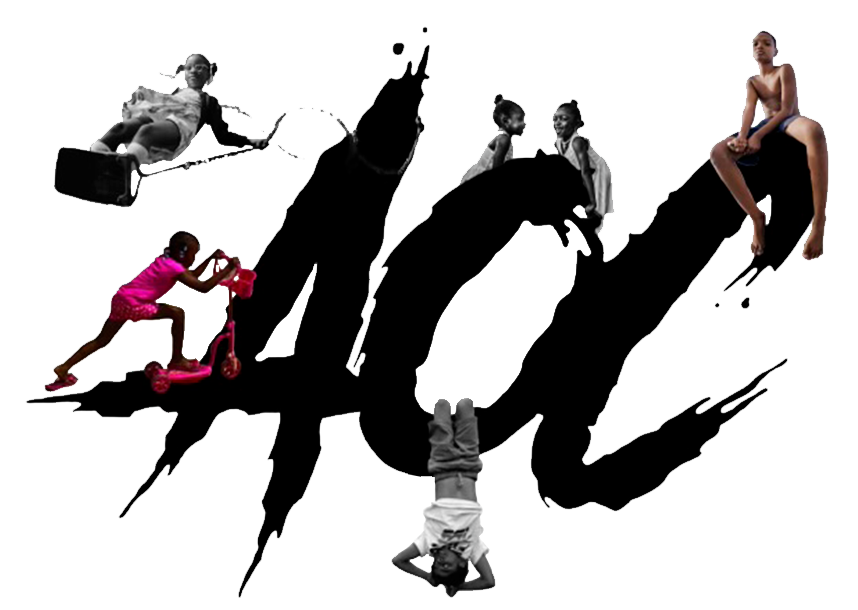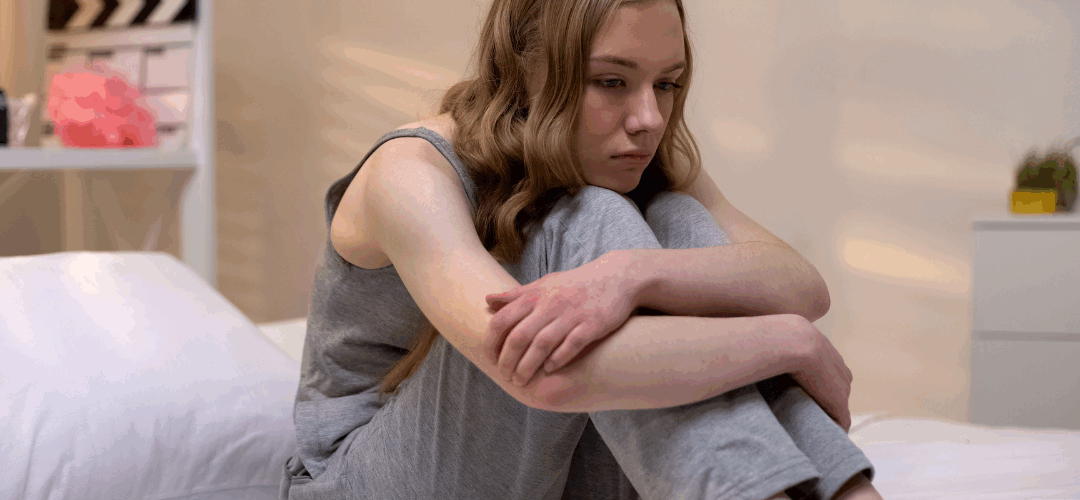Puberty is one of the most pivotal developmental stages in a child’s life. Marking the transition from childhood to adolescence, it brings with it not only a wave of physical changes but also a range of emotional and psychological shifts. These mental changes during puberty can be confusing, overwhelming, and sometimes distressing for children and teens. That’s why understanding what’s happening internally—and providing the right kind of support—is essential for parents, educators, and caregivers.
In this blog, we’ll explore the mental changes during puberty, why they happen, and how we can help children cope and thrive during this transformative time. We’ll also answer common questions about the mental side effects of puberty and what to expect long-term.
Emotional Changes During Puberty
One of the most noticeable mental changes during puberty is the sudden shift in emotional intensity. Hormonal changes—particularly the rise in estrogen, progesterone, and testosterone—can create a heightened sensitivity to emotions. This can lead to:
-
Mood swings that happen without warning
-
Increased irritability or anger
-
Feelings of sadness or anxiety
-
Emotional outbursts or seeming overreactions
Many children are experiencing these emotions for the first time in such intensity and may not yet have the tools to understand or regulate them. This emotional rollercoaster can make them feel out of control, leading to confusion or even shame about their reactions.
As caregivers, our role isn’t to “fix” these emotions but to create a safe space for them to be expressed. Normalize these feelings by explaining that emotional ups and downs are a normal part of growing up and encourage children to talk openly without fear of judgment.
Body Image and Self-Esteem
Puberty brings visible physical changes—growth spurts, acne, body hair, and the development of sexual characteristics—that can dramatically affect a child’s perception of themselves. Kids may compare themselves to others, worry they’re developing too early or too late, or feel awkward in their changing bodies.
This can lead to:
-
Lower self-esteem
-
Negative body image
-
Increased self-consciousness
-
Withdrawal from social activities
Social media and peer comparisons only intensify these feelings. That’s why it’s critical to speak positively about body diversity, reinforce that there is no “right” timeline for development, and encourage confidence in who they are—not just how they look.
Social Pressures and Changing Relationships
As children enter adolescence, their social world becomes increasingly complex. They begin to seek independence and value peer relationships more strongly. This shift can lead to:
-
Peer pressure to conform or fit in
-
Fear of rejection or exclusion
-
Changing dynamics in friendships
-
New interest in romantic relationships
These social stressors can heighten anxiety and impact mental well-being. Kids may feel like they’re constantly being evaluated or that they have to “perform” to be accepted. Helping them build strong self-worth and encouraging authentic friendships can ease this pressure.
Modeling healthy social relationships and providing guidance on handling peer pressure can empower kids to make decisions that align with their values—not just group expectations.
Academic Pressure and Focus
The emotional turbulence of puberty can also affect how well children perform in school. Anxiety, sleep disturbances, or lack of motivation can interfere with learning and academic focus.
During puberty, it’s common to see:
-
Difficulty concentrating
-
Lower academic performance
-
Increased procrastination
-
Stress related to grades or future goals
This doesn’t mean your child is no longer capable—it means they may need more support. Providing structure, encouragement, and realistic expectations can help them stay grounded and confident. It’s also important to acknowledge effort, not just outcomes.
Risky Behavior and Coping Strategies
Because puberty is so emotionally intense, some adolescents may turn to risky or unhealthy coping mechanisms to manage their feelings. These might include:
-
Experimentation with alcohol or drugs
-
Self-harm
-
Withdrawing from family and friends
-
Engaging in unsafe online behavior
Being present, observant, and nonjudgmental is key. Instead of reacting with anger or fear, open up conversations that invite honesty. Teach healthy coping skills like journaling, physical activity, or seeking out trusted adults to talk to.
If risky behaviors persist or escalate, consider involving a mental health professional for additional support.
Creating a Supportive Environment
Navigating the mental changes during puberty doesn’t have to be a solo journey. Parents, caregivers, and teachers can all contribute to a child’s mental well-being by:
-
Fostering open, judgment-free communication
-
Validating feelings instead of dismissing them
-
Offering consistency and reassurance
-
Encouraging positive outlets for emotional expression
-
Getting professional help when needed
Remember: your child is not “being dramatic” or “difficult”—they’re undergoing one of the biggest transformations of their life.
FAQs: Understanding the Mental Side of Puberty
What changes mentally during puberty?
During puberty, the brain goes through significant development, particularly in the prefrontal cortex (which controls decision-making and impulse regulation) and the limbic system (which processes emotions). Hormones like estrogen and testosterone surge, intensifying emotional reactions and mood variability.
What are the mental side effects of puberty?
Mental side effects can include mood swings, anxiety, sadness, frustration, confusion, and lowered self-esteem. Some adolescents may also experience increased sensitivity to stress and a stronger desire for social acceptance.
How does your mind change during puberty?
The adolescent brain becomes more capable of abstract thinking, reasoning, and empathy. However, emotional regulation can be inconsistent due to the ongoing development of the brain’s executive functions. This results in heightened emotions and, at times, impulsive behavior.
Do mood swings go away after puberty?
For most people, mood swings become less intense and more manageable as the brain continues to mature into early adulthood. By the early to mid-20s, emotional regulation improves significantly. However, if mood swings persist or worsen, it may be helpful to consult a mental health professional to rule out underlying concerns.
Final Thoughts
Puberty is a time of profound mental and emotional change. While it can be challenging for children and those who care for them, it’s also a chance to lay the groundwork for lifelong emotional resilience. By approaching puberty with empathy, knowledge, and support, we can help kids not only survive this stage—but grow through it with strength and confidence.
Children’s Mental Health Services in Houston & San Antonio Texas
Accepting Medicaid & Private Insurance
Reach out
Phone Number: 1-855-AOC-6100
24 Hours Crisis Line: 832-934-7770
Hours: Monday-Friday 9-5PM
Location: Houston & San Antonio areas
Houston Email: admin@aocoutreachservices.com
San Antonio Email: admin.sa@aocoutreachservices.com
Insurance Accepted
Medicaid: Texas Children Health Plan, Superior Health Plan, Molina Healthcare, United Healthcare
Private: Aetna, Blue Cross Blue Shield, & Cigna
Offices
Houston Office: 6671 Southwest Freeway, Suite 675, Houston, Texas, 77074
San Antonio Mailing Address: 45 Northeast Loop 410 Suite 207, San Antonio, Texas 78216
Follow Us
learn more
Start Services


